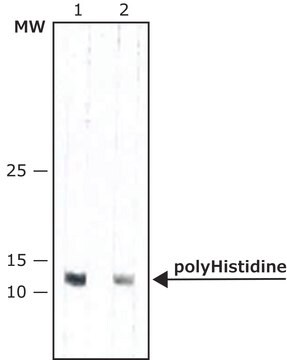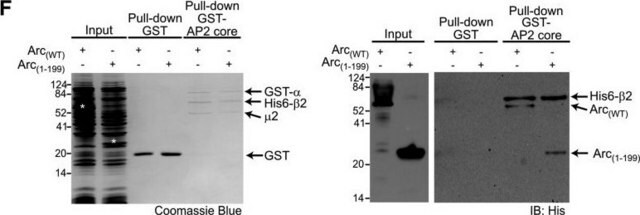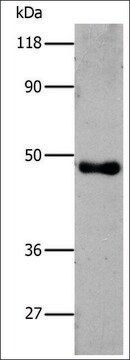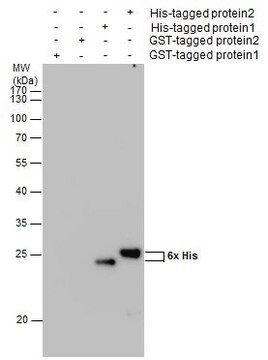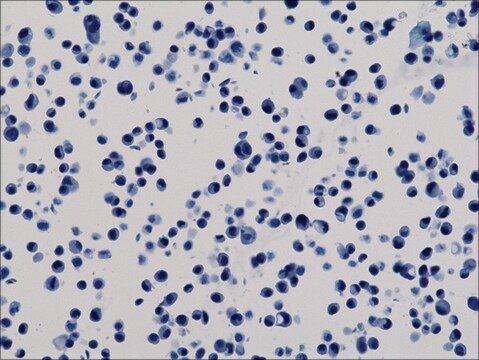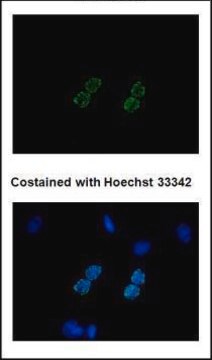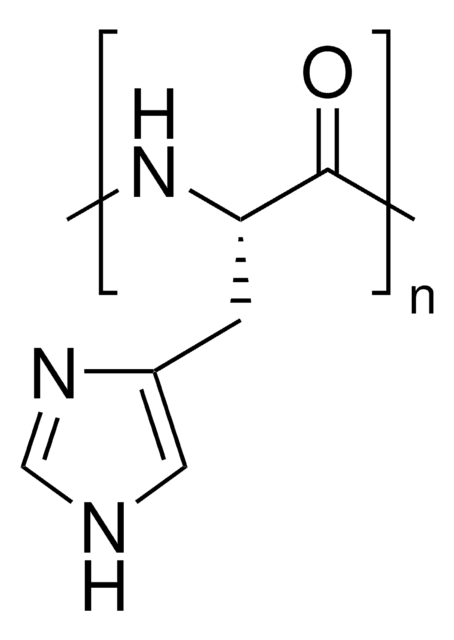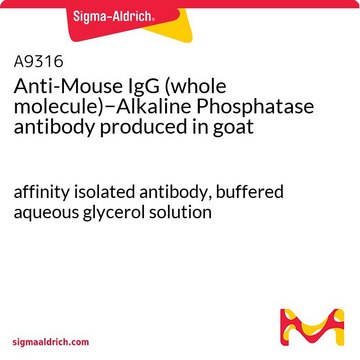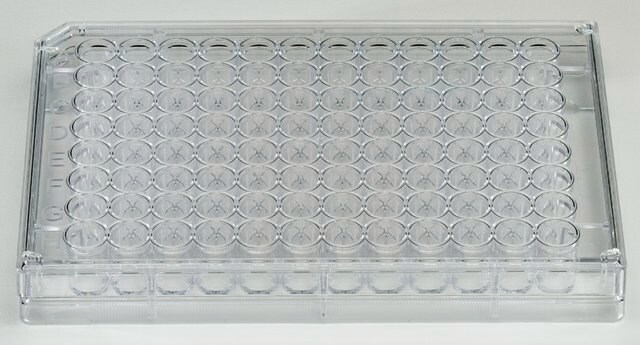A5588
Anti-polyHistidine−Alkaline Phosphatase antibody, Mouse monoclonal
clone HIS-1, purified from hybridoma cell culture
Synonym(s):
Monoclonal Anti-polyHistidine, Monoclonal Anti-polyHistidine−Alkaline Phosphatase antibody produced in mouse, Monoclonal 6 His epitope tag, Monoclonal 6xHis-tag, Monoclonal HHHHHH epitope tag, Monoclonal Hexa His tag, Monoclonal His-tag, Monoclonal His6 tag, Monoclonal Histidine tagged, Monoclonal Poly-His-tag
About This Item
Recommended Products
biological source
mouse
conjugate
alkaline phosphatase conjugate
antibody form
purified from hybridoma cell culture
antibody product type
primary antibodies
clone
HIS-1, monoclonal
form
buffered aqueous glycerol solution
technique(s)
western blot: 1:2,000 using lysates of Escherichia coli induced to express a 6xHis tagged protein
isotype
IgG2a
shipped in
wet ice
storage temp.
2-8°C
Looking for similar products? Visit Product Comparison Guide
General description
Specificity
Immunogen
Application
Physical form
Legal Information
Not finding the right product?
Try our Product Selector Tool.
Storage Class Code
10 - Combustible liquids
WGK
WGK 3
Flash Point(F)
Not applicable
Flash Point(C)
Not applicable
Personal Protective Equipment
Certificates of Analysis (COA)
Search for Certificates of Analysis (COA) by entering the products Lot/Batch Number. Lot and Batch Numbers can be found on a product’s label following the words ‘Lot’ or ‘Batch’.
Already Own This Product?
Find documentation for the products that you have recently purchased in the Document Library.
Customers Also Viewed
Our team of scientists has experience in all areas of research including Life Science, Material Science, Chemical Synthesis, Chromatography, Analytical and many others.
Contact Technical Service